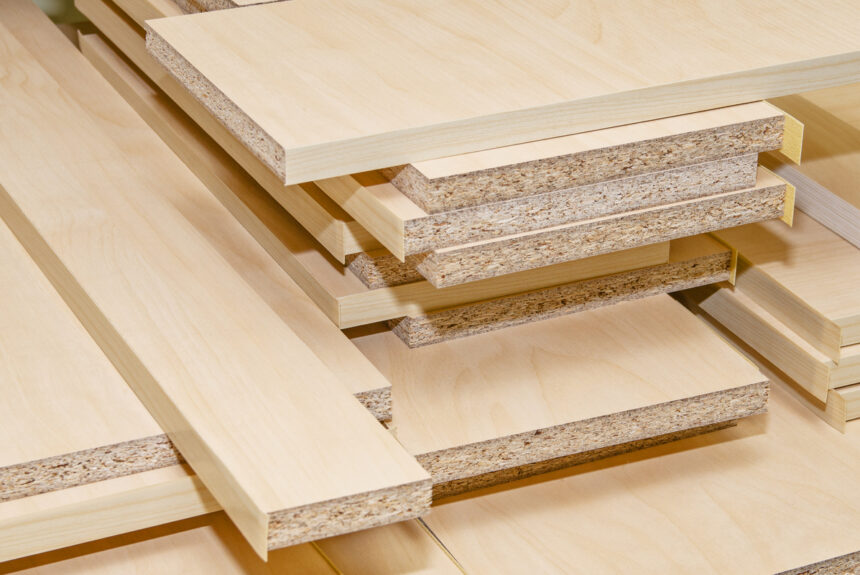Erik Kobayashi-Solomon of Forbes reports on a company that is reducing emissions and microplastics in construction.

- NILO, a New Zealand company, has developed a technology to convert plastic waste into a lower-carbon alternative to toxic adhesives used in manufacturing particleboard for furniture and construction.
- NILO’s binder production has a 30% smaller carbon footprint than traditional adhesives, and by using nearly two-thirds of global plastic waste as feedstock, it aims to address plastic pollution while reducing emissions.
- With backing from IKEA and regulatory tailwinds banning toxic adhesives, NILO is building pilot plants and plans to license its technology globally to partners seeking a sustainable, circular solution for particleboard manufacturing.
“NILO’s process innovates legacy wood fiber board manufacturing by replacing a toxic, carcinogenic, and high carbon footprint adhesive called urea formaldehyde (UF). NILO Binder generates fewer carbon dioxide emissions in its production process and emits no off-gasses, making the manufacturing process safer and more environmentally friendly while producing boards that are healthier to have in one’s home.”
Read the full article here.
The views and opinions expressed are those of the author’s and do not necessarily reflect the official policy or position of C3.
